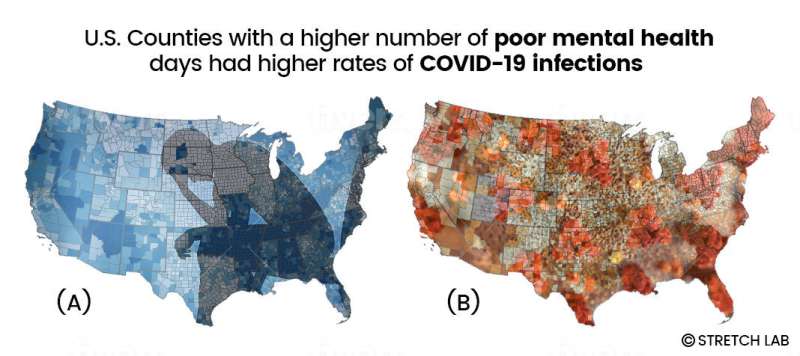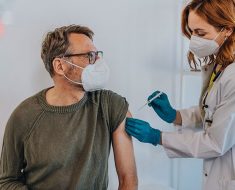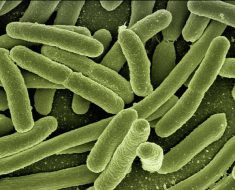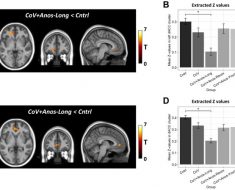
At the height of the pandemic, news and policy media focused on how the COVID-19 pandemic was contributing to poor mental health, a hypothesis confirmed by several studies. However, few studies examined whether the reverse might be true, that prior poor mental health may be associated with higher rates of COVID-19 infection. A novel study using nationwide population data at the county level found that areas with greater vulnerability in poor mental health prior to the pandemic have a greater burden of COVID-19. These results appear in the American Journal of Preventive Medicine.
“The inspiration to conduct this study came early on during the height of the pandemic,” explained lead investigator Yusuf Ransome, DrPH, Department of Social and Behavioral Sciences, Yale School of Public Health, New Haven, CT, USA. “Several studies showed that the pandemic was taking a devastating toll on people’s mental health and impacting other psychiatric conditions, but we wanted to look at things from a different direction. Only a handful of studies examining small fragments of the population had considered the possibility that poor mental health could be contributing to a higher burden of infection rather than vice versa. We wanted to examine whether these relationships also existed in the general population, address the lack of studies with an ecological-level focus, and produce evidence to strengthen calls for interventions.”
The investigators found that the pandemic itself was not causing ‘new problems’ but was in fact revealing gaps across multiple systems and social determinants of health that had been ignored or insufficiently addressed previously and were manifesting as high population burden of illness and mortality.
Using aggregated survey data from 2,839 US counties from the Behavioral Risk Factor Surveillance System (BRFSS), researchers determined that between 2010 and 2019, a total of 2,172 counties (77%) experienced significant increases in the average number of poor mental health days including depression, stress, and problems with emotions. Further analysis revealed that higher days of poor mental health in 2019 had a robust association with the rate of COVID-19 infections in 2020.
Additional analysis to identify state variations showed that association between poorer mental health days and COVID-19 infection was not stronger across counties in the Southern states and was being driven by a few states, at least statistically—Arizona, Montana, and Nevada. These results held even after considering indicators of socioeconomic vulnerability such as income inequality and other stressors such as violence.
Source: Read Full Article





